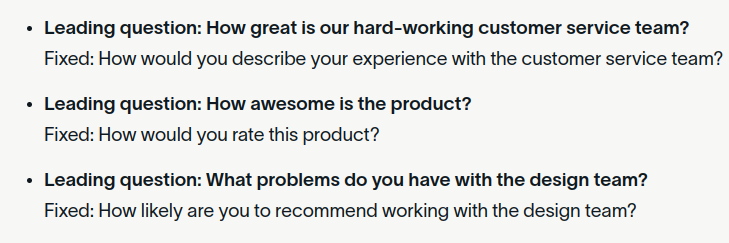Research Ethics
Surveys
2 Methods:
Questionnaires and Interviews
Types of surveys:
cross-sectional (once)
longitudinal (several times)
Adv.:
cheap and fast
if anonymous, people may be more truthful
Disadvantages:
low response rates
people may lie
unclear/biased questions

Observations
Types:
Naturalistic or Laboratory
Participant and Non-participant
Advantages:
assess behaviour people may not be aware of / lie about
Disadv:
if observed, people may change their behaviour
researcher loses objectivity (if participant observation)
Experiments
Hold some variables constant, manipulate others
2 groups: experimental/ control
Advantages:
only research method where you can determine cause and effect (ONLY RM where you can do this)
Disadv:
confounding variables muddy the waters
It may be impractical/ unethical
Case Study
Study 1 person
Follow them for years, get lots of data
Adv:
get a lot of information
Avoids ‘hazards’ of group data
Disadv:
lots of data so lots of analysis
results may only apply to that person, nobody else! (can’t generalize)
Content/Historical analysis
Study documents, not people
mass media, archival documents
Look at themes/patterns
advantages:
techniques are nonreactive
easy to replicate
Disadv.:
can be hard to find docs
may not reflect reality - not accurate/authentic
Ethnography
study an entire group in detail, in their natural setting
Focus on their cultural norms, beliefs, rituals, etc.
Adv.:
Learn a lot
Disadv.:
keeping objectivity
takes a long time to do
Ethical Research on Humans
Fully inform participants
they should give consent
Avoid risk to the well-being of participants
participants can drop out at any time, without explanation
confidentiality is key, and if one can not maintain it, one must inform participants in advance
if must deceive participants (necessary for some research), must:
Debrief
Offer counselling (by 3rd party)
Get INFORMED consent